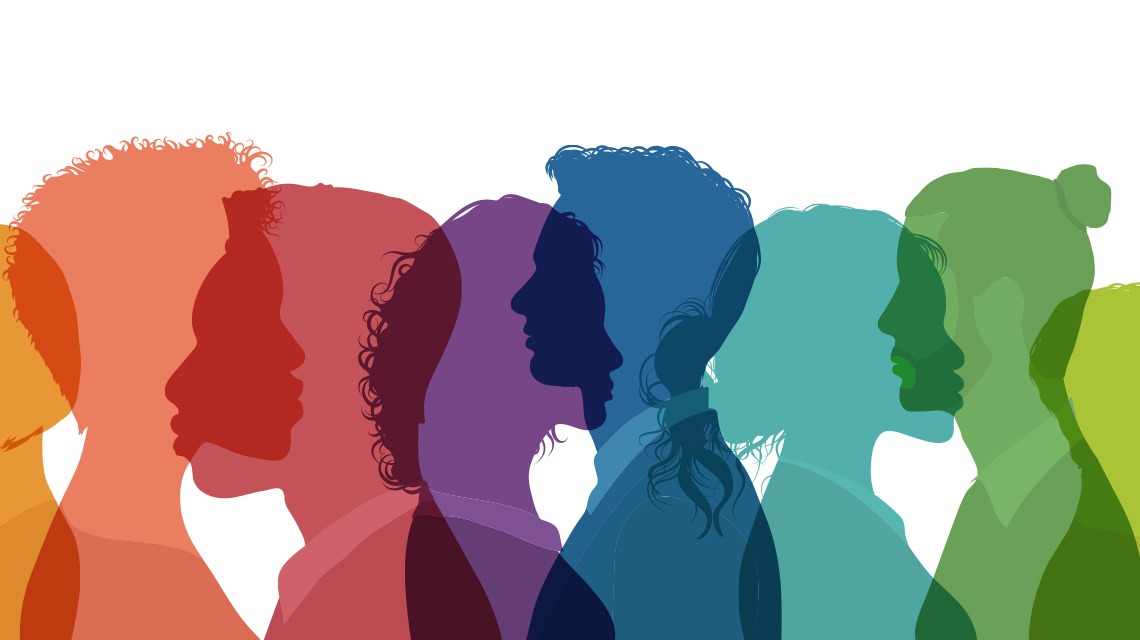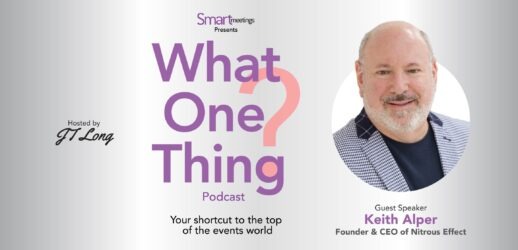AI could make face-to-face interactions more valuable than ever
These days, it’s hard to go five minutes or five feet without hearing someone marveling about the newfound possibilities of AI and technology. Whether it’s Open AI’s latest mind-blowing rollout of Sora, the boundless opportunities around Apple’s Vision Pro, Nvidia leading the stock market rally, or the race in robotics, keeping up with notable advancements in tech feels like a full-time job.
The truth is, just about every industry is going to be transformed by new technologies and AI—and the events industry is certainly no exception. But as the CEO of an event and experiential marketing agency, I’m also observing something unexpected: The technology is actually magnifying exactly why face-to-face events are even more critical.
The Event Industry is Primed for a Major Disruption
Given how labor-intensive the events industry is, you can make a strong case that AI is going to revolutionize how many of us do our jobs. Through a business lens, AI is bringing about enormous progress in terms of growth, productivity and efficiency—but on the flip side, job redundancies and layoffs are a reality. According to a Bloomberg report last month, in fact, “U.S. firms have announced 4,600 job cuts since May related to artificial intelligence.”
In the events world, think about how we imagine and perceive experiences, how we communicate with attendees and stakeholders, how we create and manage workflows, and so on. It’s all going to change—and as such, so will the process for how events are designed and managed.
Face-to-face Connections are More Important Than Ever

But while AI and tech are certainly infusing volatility and uncertainty into how events are produced, these advancements are actually having the opposite effect on why we need live events more than ever.
According to the American Time Use Survey, American adults are spending 30% less time doing face-to-face socializing than we did just 20 years ago. This is a trend that may have originated two decades ago, but it was exacerbated by Covid and will only be compounded by artificial intelligence, automation and technology.
Read More: B2B In-Person Conferences Strike Back
For a population that’s trending more towards isolation and loneliness, the importance of face-to-face connection becomes even more paramount. Sure, there will always be those lobbying to “meet people where they’re at” (i.e., on their screens), and that’s important too. But digital experience marketing has already begun to transition from the exception to the norm.
From engaging employees to marketing products or services to fundraising, to simply convening stakeholders, the power and significance of physical connection will only be amplified as it becomes less commonplace.
It’s Our Job to Embrace Technology While Valuing Humanity
Because of all of this, the bar may be raised to create experiences that are compelling enough to motivate people to leave their individual metaverses, but the rewards—for brands, employers and organizations—will be equally as lucrative.
Read More: Meeting of the Minds: Experts on AI
And therein lies the unique intersection of events and AI. An industry that is on the verge of being massively disrupted due to technological progress is also going to have its importance in the world magnified due to those same advancements.
“The bar may be raised to create experiences that are compelling enough to motivate people to leave their individual metaverses.”
The landscape of creating and planning events will undoubtedly look vastly different in the not-too-distant future—but that will simply make the motivation behind bringing people together even more essential. I say, bring on the technology and the disruption, and remember that nothing will ever replace the true value of face-to-face experiences.
—
 As CEO and founder of Sequence, Adam leads Team SEQ to deliver big agency results with boutique-style customer service. Since its launch in 2011, Sequence has quickly risen to the forefront of its field, collaborating with global brands to communicate their messages through the power of live events.
As CEO and founder of Sequence, Adam leads Team SEQ to deliver big agency results with boutique-style customer service. Since its launch in 2011, Sequence has quickly risen to the forefront of its field, collaborating with global brands to communicate their messages through the power of live events.




